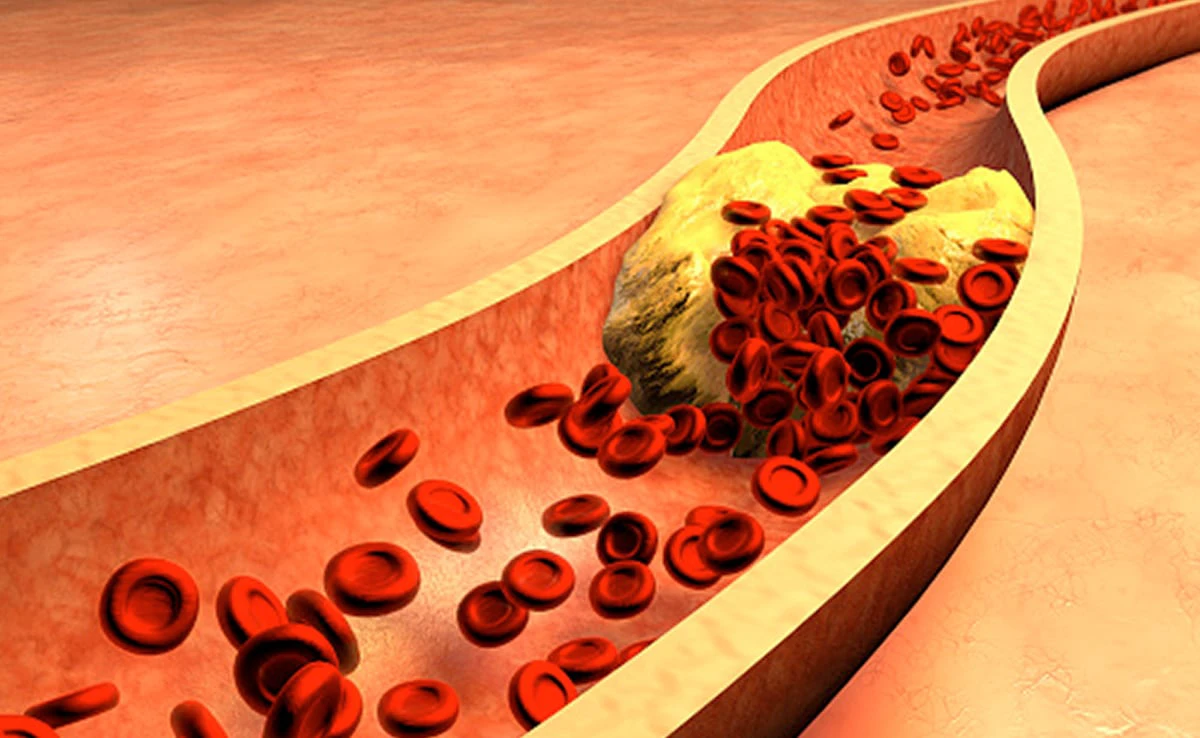Elevated cholesterol levels have become increasingly common these days. When cholesterol levels are high, it leads to plaque build-up in the arteries, leading to atherosclerosis.
This condition narrows the arteries, contributing to reduced blood flow. High levels of low-density lipoprotein (LDL) cholesterol, often referred to as “bad” cholesterol, are a well-known risk factor for serious health conditions, including stroke, heart attack, high blood pressure, peripheral artery disease and more. Lifestyle modifications are typically the first line of treatment for high cholesterol levels. In some cases, statins are often prescribed by doctors.
For the unversed, statins are a class of medications used to lower cholesterol levels in the blood. They work by inhibiting an enzyme in the liver that plays a central role in the production of cholesterol. By reducing the cholesterol levels, statins help lower the risk of cardiovascular disease and related complications. While statins are generally well-tolerated, they can have a few side effects, including:
- Some individuals may experience minor side effects like bloating, rash, headache, nausea, abdominal pain and diarrhea.
- Previously, in an Instagram video, Dr. Alok Chopra, a renowned cardiologist, shared that statins “can lower your brain’s performance, contribute to memory loss, muscle breakdown and even early dementia.”
- Several studies indicate that statins can cause muscle damage and memory-related problems.
- Some studies have explained the link between statins and increased risk of cataract and type-2 diabetes, as these medicines have been associated with a slight increase in blood sugar levels.
- can increase liver enzymes, which may indicate liver inflammation or damage. Individuals on statins must undergo regular liver function tests.
- Some users report memory loss or confusion while taking statins; however, these effects are usually reversible upon discontinuation of the medication.
How to lower cholesterol naturally without medication
Statins can effectively lower cholesterol levels and are effective in reducing the risk of heart disease and stroke. However, it is crucial to address the root cause. Several factors collectively affect levels, including your diet, levels of physical activity, body weight, and other lifestyle factors.
1. Eat a heart-healthy diet
Reduce consumption of saturated fats like red meat and full-fat dairy products, and opt for lean proteins and low-fat alternatives. Also, eliminate foods with trans fat, like processed and baked goods.
Choose healthy fats like polyunsaturated and monounsaturated fats, such as olive oil, avocados, and nuts. Also, increase your fibre intake.
2. Stay physically active
Aim for at least 150 minutes of moderate aerobic exercise, like brisk walking, or 75 minutes of vigorous exercise each week. Activities such as cycling, swimming, or dancing can also be effective.
3. Maintain a healthy weight
Excess body weight is a risk factor for cholesterol. Even a modest weight loss of 5-10% can make a difference and help lower your cholesterol levels.
4. Quit smoking
If you smoke, quitting can improve your HDL (good cholesterol) levels and benefit your heart health overall.
5. Limit alcohol intake
Excessive alcohol consumption can lead to high cholesterol and other health issues. Consume alcohol in moderation for better health.
6. Manage stress
Chronic stress can be harmful to your health in several ways. It triggers unhealthy lifestyle habits, which can contribute to poor cholesterol levels. Practice stress-reducing techniques like meditation, yoga, or deep breathing exercises.
7. Consider supplements
Some natural supplements, such as omega-3 fatty acids and soluble fibre supplements, may help improve cholesterol levels. Always consult your doctor before starting any supplements.
8. Regular check-ups
Regularly monitor your cholesterol levels through routine check-ups. It will help you take preventive measures on time.
High levels of in the blood can be a concerning health condition. However, it can be effectively managed with a combination of medical interventions and lifestyle modifications. Regular health check-ups can help you keep this significant risk factor for heart disease under control.
